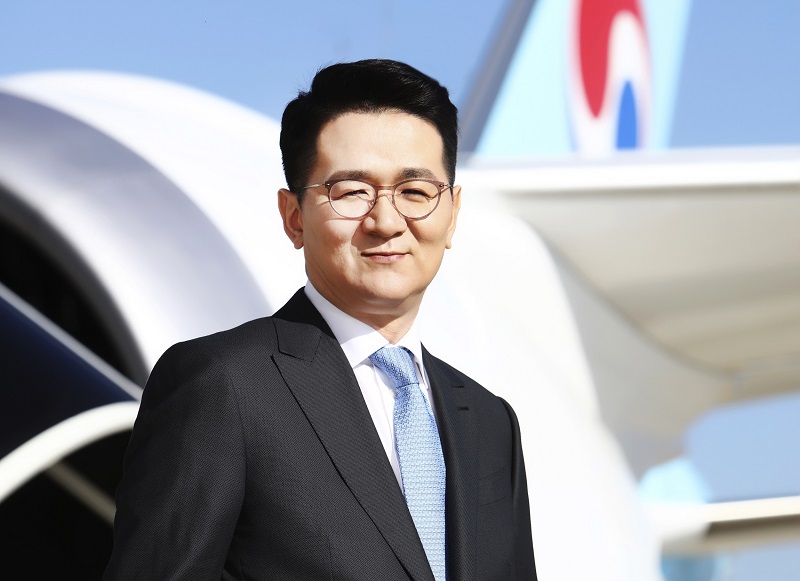
By Jeong il Ryu
The author is metro news editor of The Korea Daily.
Cho Won-tae, chairman of Hanjin Group, expressed his strong determination to complete the merger between Korean Air and Asiana Airlines, suggesting the possibility of concessions to major regulatory authorities such as the United States.
In an interview with Bloomberg TV on June 5, Cho said, “We have staked 100% on the Korean Air-Asiana merger” and “will make it happen no matter what we have to give up.” He added, “I am determined and will push forward with all my might.”
I feel concerned because Cho’s statements seem to imply that Korean Americans are included in the “no matter what we have to give up” category.
Korean Americans are viewing the merger with apprehension. They have a long list of grievances against the two flag carriers, ranging from fluctuating airfares to arbitrary mileage policies, and they fear that they will be left with limited options, forced to exclusively fly with Korean Air.
In this situation, Chairman Cho’s “declaration of abandonment” and Korean Air’s subsequent response have only worsened the situation.
Chairman Cho made it clear to regulators in the U.S., EU, and Japan that he is willing to make significant concessions to gain approval for the merger.

However, recently, turbulence has arisen in the EU and the U.S. EU regulators raised objections to the merger in an interim review report last month. The report found that the merger could limit competition in passenger services between Korea and four European countries (France, Germany, Spain, and Italy). This limitation would restrict consumers’ choices between Korean Air and Asiana, effectively creating a single dominant airline.
The U.S. Department of Justice has also raised the possibility of a lawsuit to block the merger, citing concerns that it would create a monopoly on five out of the 13 U.S.-Korea routes operated by the two airlines: Los Angeles, San Francisco, Honolulu, New York, and Seattle.
There have been instances in the recent past where major deals were disapproved by overseas regulators, such as Air Canada’s failed acquisition of AirTranjet and IAG Group’s failed acquisition of Air Europa. Sensing potential issues, Chairman Cho reportedly met with the federal deputy attorney general earlier this month.
Alarmed by the prospect of a lawsuit, Korean Air scrambled to present a counter-argument to convince the U.S. Department of Justice that the merger would not result in a monopoly because Korean passengers, including Korean Americans, constitute the majority on the U.S.-Korea route.
However, Korean Americans are not only disappointed but also angry at the explanation that American consumers would not be affected as the five routes are primarily used by Koreans. Cho’s “waiver” gave the unpleasant impression that Korean Americans were being treated as disposable pawns.
Furthermore, it is surprising that Korean Air presented a slipshod argument to avoid a lawsuit. Korean Air maintained that there is no monopoly because there is a budget airline Air Premia, which recently started a route to the U.S.
There are already discussions within the Department of Justice suggesting that the merger is unlikely to be approved without the presence of a competitor of at least the size of Asiana.
Some within Korean Air’s camp have even referenced the amicable relationship between the U.S. and South Korea. While the situation may be beyond the company’s control, it raises the question of whether the Korean government should intervene.
However, in an era that discourages collusive relationships between governments and businesses, shouldn’t the company devise an antitrust plan that convinces not only regulators but also the customers? I am afraid that Chairman Cho’s “declaration of abandonment” may lead to significant losses while pursuing minor gains. I hope that Korean Air avoids the mistake of assuming that Korean Americans will voice their concerns and then simply go quiet.



![Green card interviews used as decoy for ICE arrests U.S. Immigration and Customs Enforcement (ICE) agents arrest a man after a hearing at an immigration court in Manhattan, New York, on Oct. 27. [REUTERS]](https://www.koreadailyus.com/wp-content/uploads/2025/12/1226-ICE-100x70.jpg)
